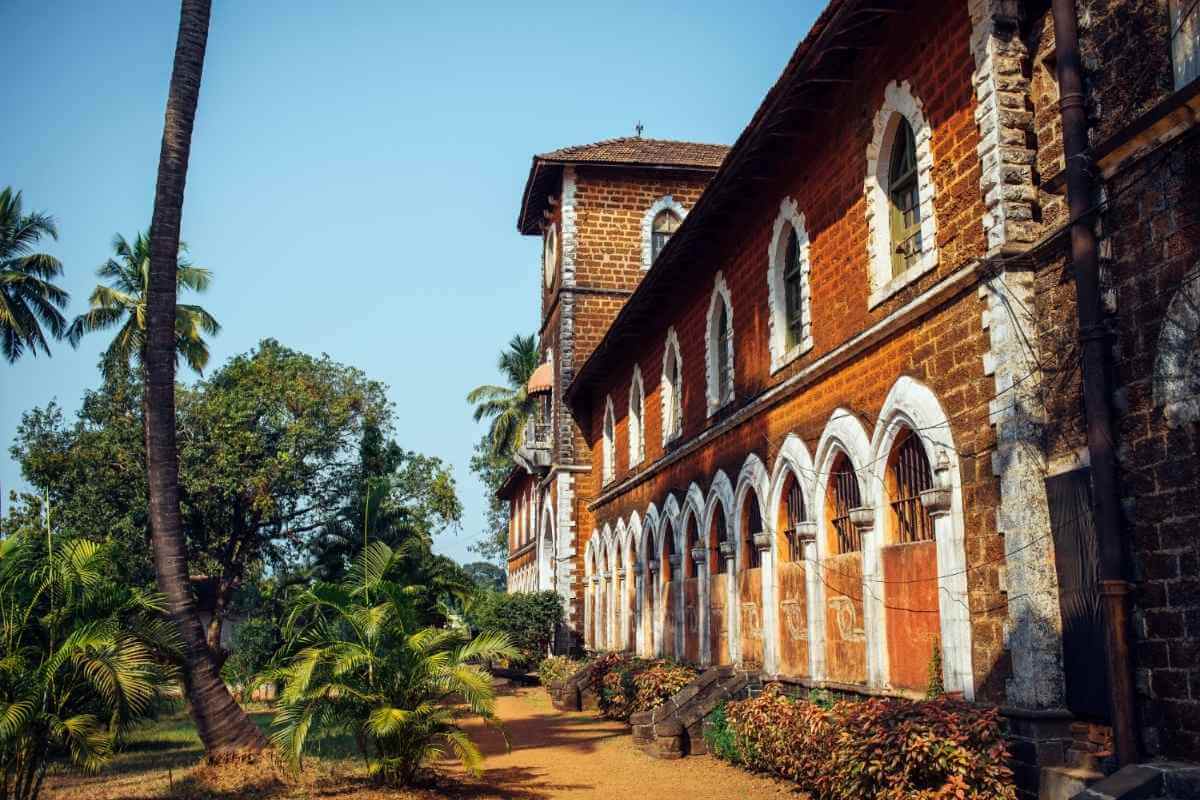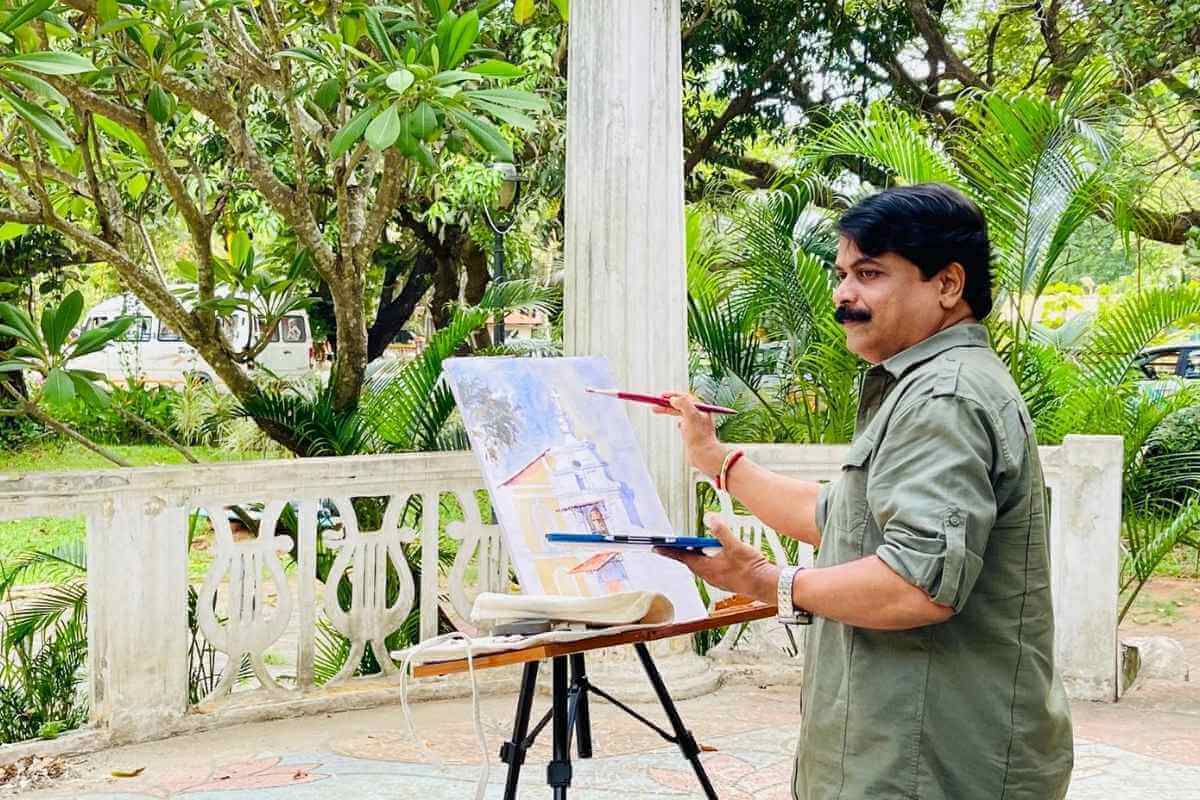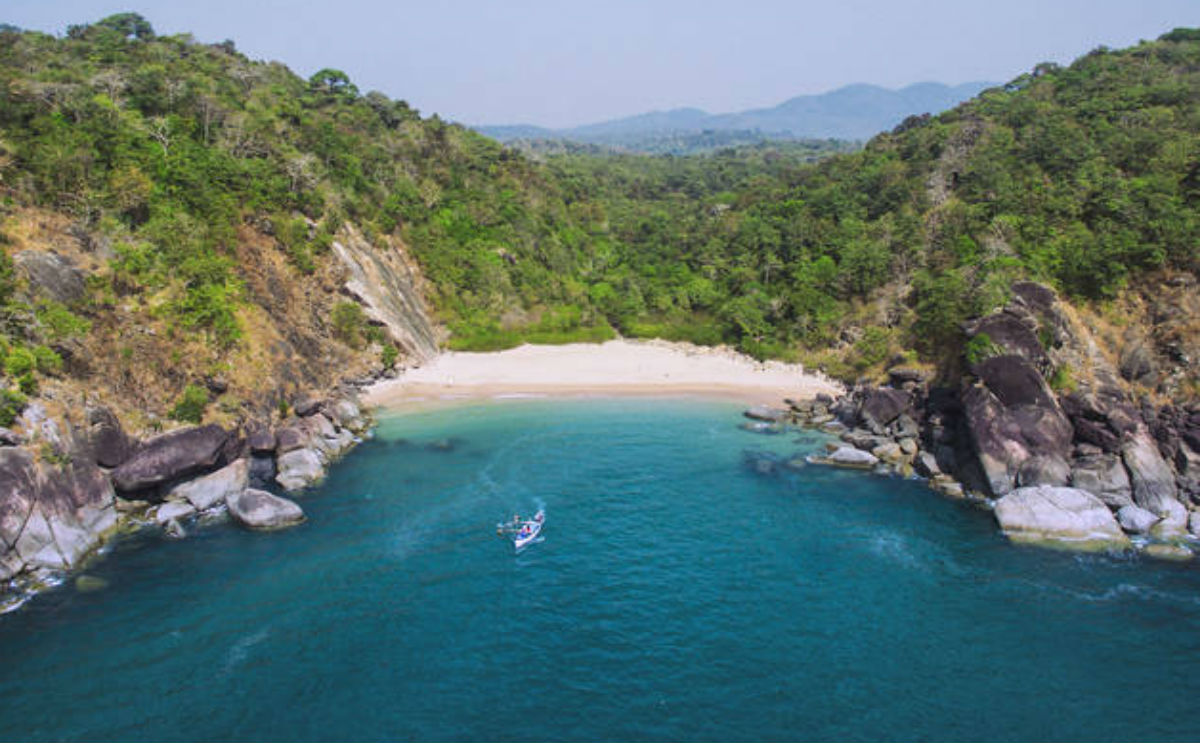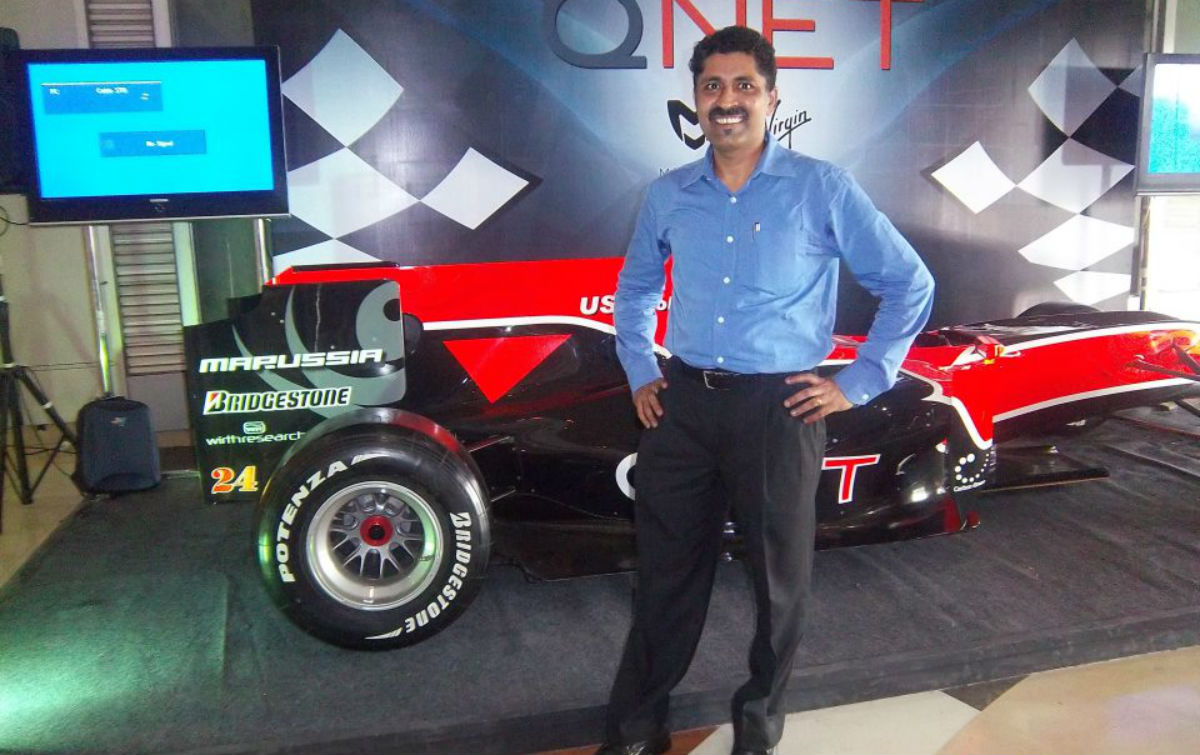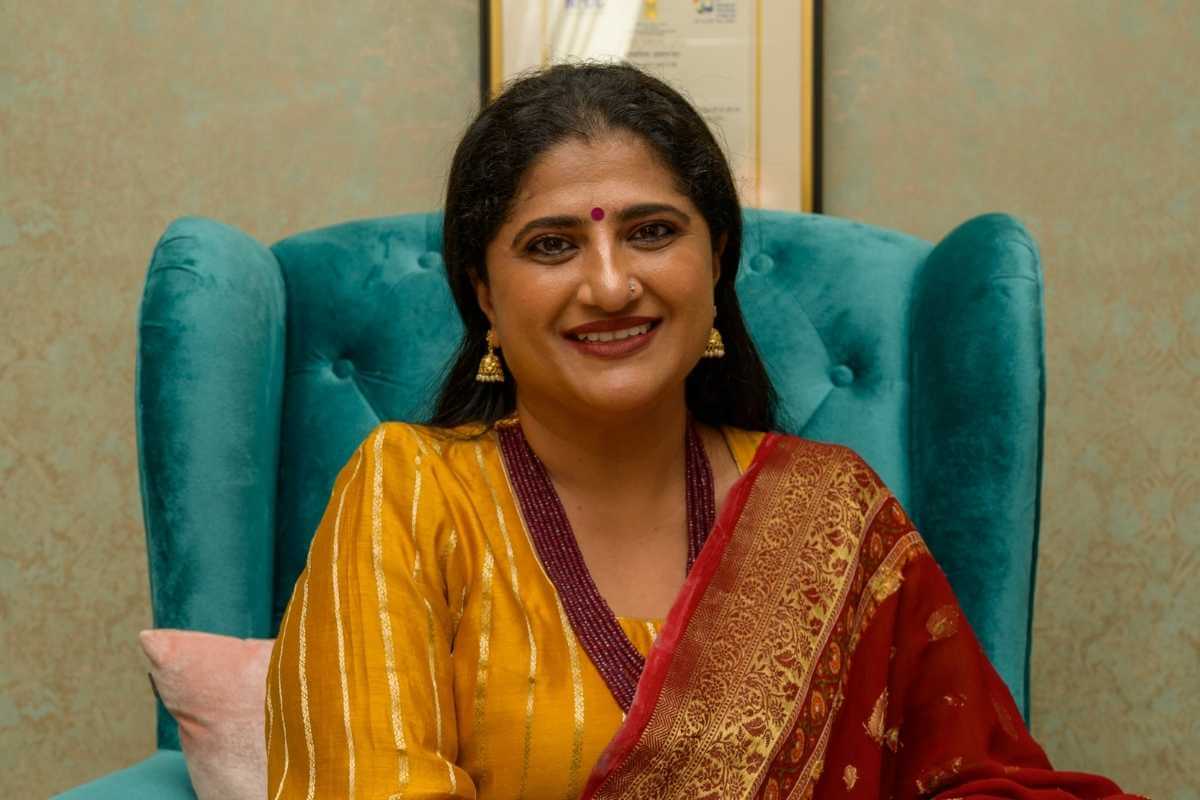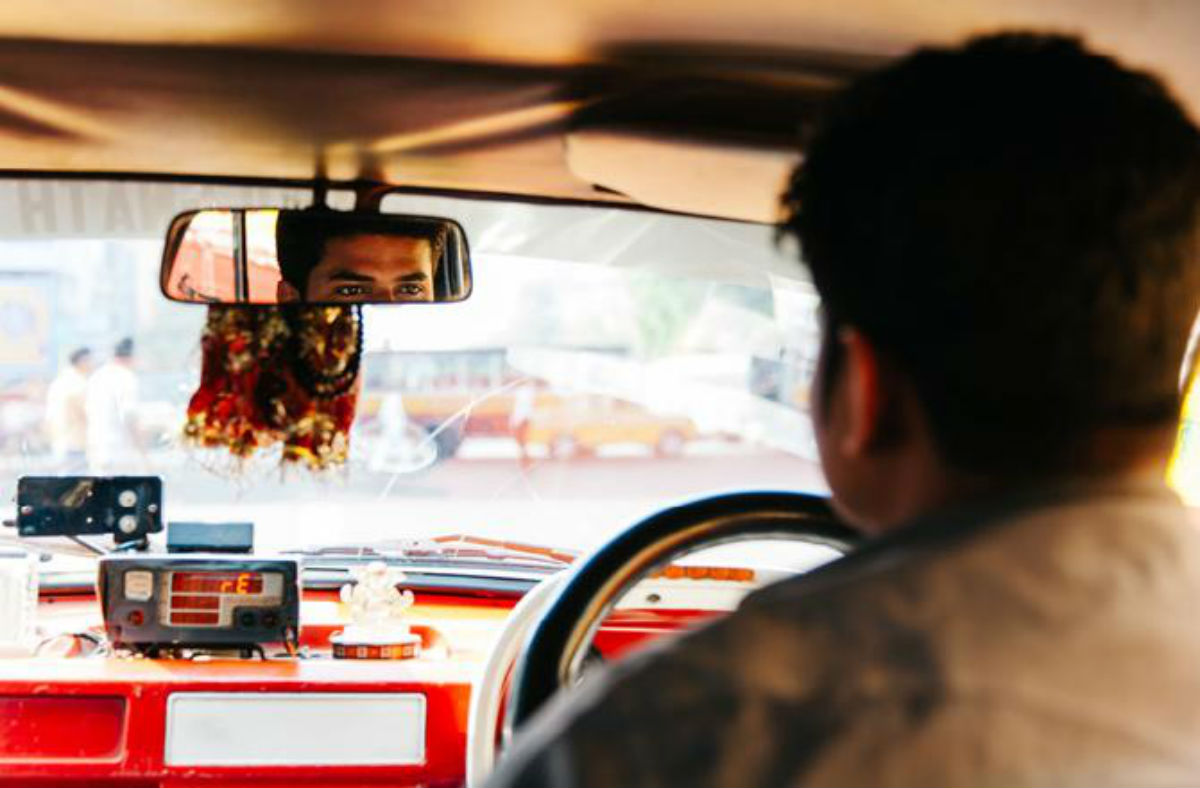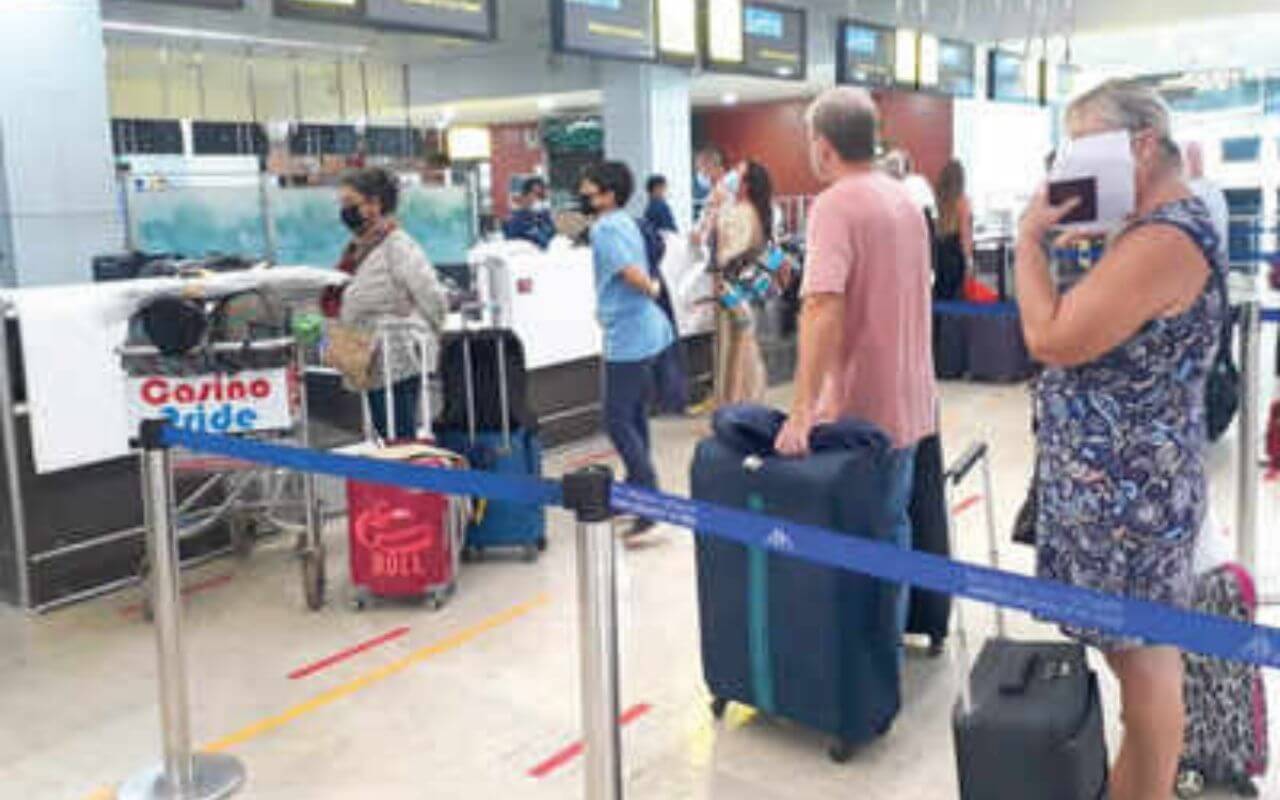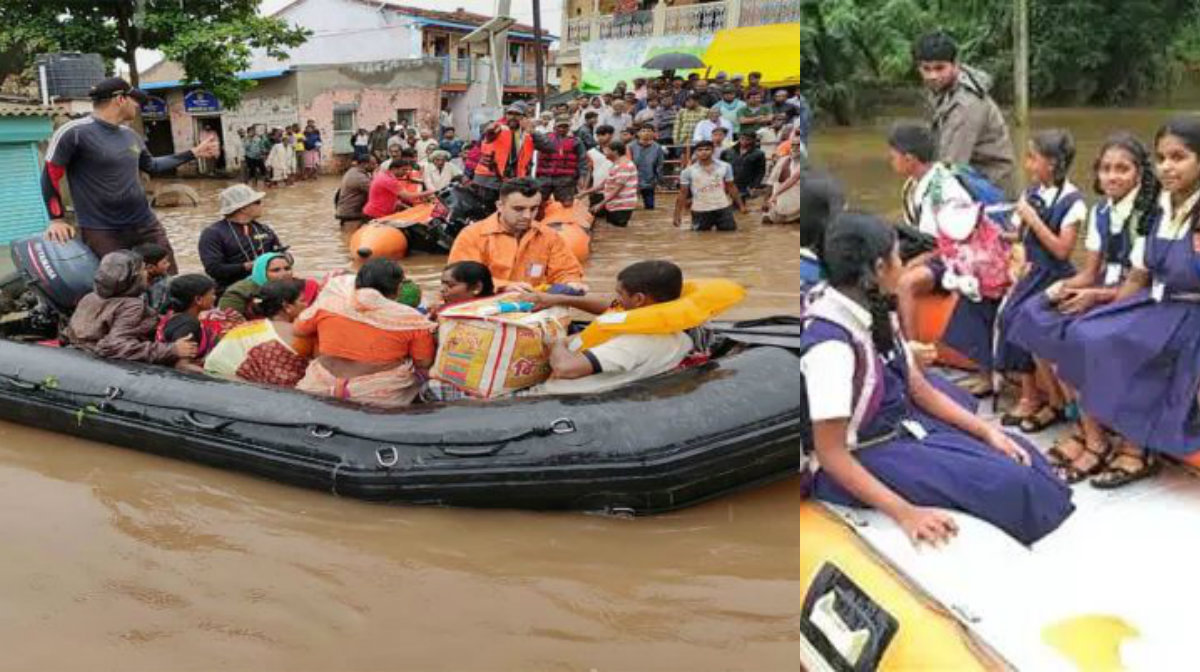Independence Day in India, celebrated annually on August 15, has always been a powerful symbol of national pride and sovereignty. For most of India, this day marks the end of colonial rule and the birth of a free nation. However, for Goa, the journey to freedom was not complete until December 19, 1961, when it was liberated from Portuguese colonial rule. The celebration of Independence Day in the rest of India played a significant role in shaping Goa’s liberation narrative and influenced the broader discourse on its struggle for freedom.
As India gained independence in 1947, the newly formed Indian government and its leaders made it clear that the liberation of all Indian territories, including Goa, was a priority. The festivities of Independence Day became a symbol of aspiration and resistance for Goans who continued to live under Portuguese rule. The celebration of India’s newfound freedom served as a reminder of the colonial chains that still bound Goa and fueled the desire for liberation among Goans.
The impact of Independence Day on the Goan liberation movement was profound. The day’s celebrations across India were marked by patriotic enthusiasm, which contrasted sharply with the oppression faced by Goans under Portuguese rule. This contrast amplified the desire for freedom among Goans, making both political and public support for their cause. Independence Day became a beacon of hope, reinforcing the idea that liberation from colonial rule was not just a distant dream but an achievable reality.
The Indian government, aware of the symbolic power of Independence Day, used it to highlight the plight of Goans and rally support for their cause. Public statements and speeches by Indian leaders frequently mentioned Goa, emphasizing the necessity of its integration into the Indian Union. This strategic use of Independence Day celebrations helped to keep the issue in the public eye and maintain pressure on Portugal to relinquish its hold over Goa.
The celebrations of Independence Day also played a role in strengthening the resolve of Goan freedom fighters. For activists and leaders like Dr. Ram Manohar Lohia and Tristão de Bragança Cunha, the day served as a reminder of the larger struggle for freedom and justice. Their efforts were deeply influenced by the spirit of independence that was so vividly celebrated elsewhere in India. The stories of triumph and national pride broadcast across India inspired Goans to continue their struggle and fight for their own liberation.
Furthermore, the celebrations in independent India fostered a sense of unity and shared purpose among Indians, including Goans. The idea that all Indian territories should eventually be free from colonial rule was a powerful motivator. Independence Day celebrations became an annual reminder of the commitment to ending colonialism, not only in India’s mainland but also in its territories like Goa.
The broader discourse on Goa’s freedom was also shaped by the celebratory narrative of Independence Day. As the Indian government and media highlighted the achievements of the newly independent nation, the focus increasingly included the liberation of Goa as part of the nationalistic narrative. The portrayal of Goa’s liberation as a continuation of India’s independence movement helped to integrate it into the national story of freedom and self-determination.
By the time Operation Vijay was launched in December 1961, the influence of Independence Day celebrations had fully permeated the liberation movement. The operation, which led to Goa’s integration into India, was a direct culmination of the ideas and aspirations that had been nurtured by years of celebrating Indian independence. The liberation was seen not only as the end of Portuguese rule but as the final realization of the promises made on August 15, 1947.
The Indian Independence Day played a crucial role in shaping Goa’s liberation narrative. The celebrations of India’s independence provided a source of inspiration and motivation for Goans, reinforcing their struggle for freedom. The symbolic power of Independence Day helped to keep the issue of Goa’s liberation alive in the public consciousness, influencing both domestic and international discourse. As Goa finally joined the Indian Union, it was clear that the spirit of Independence Day had been a driving force behind its journey to freedom.


